Moving from Poland to Turkey was definitely a big cultural shock for me – people, living conditions, working etiquette, and even foods were (and still are) surprising me every day. After a couple of months, when I started getting used to the big differences, I began to notice the small ones. One of the things that struck me as odd was the amount of plastic bags that are being distributed in Istanbul. Due to plenty of European Union pro-ecological laws, I was definitely not used to the luxury of carrying a single pencil I had just bought in a bag 50 times bigger than my purchase (or in fact in any bag). Regardless of EU entitlements, I do personally want to care for environment. While being eco-friendly can be quite expensive and time-consuming nowadays, there are some characteristics to life in Istanbul that are already helpful, like the traffic (using public transport instead of a car) and high prices of paper (not printing when unnecessary), which can help start you off on the right foot.
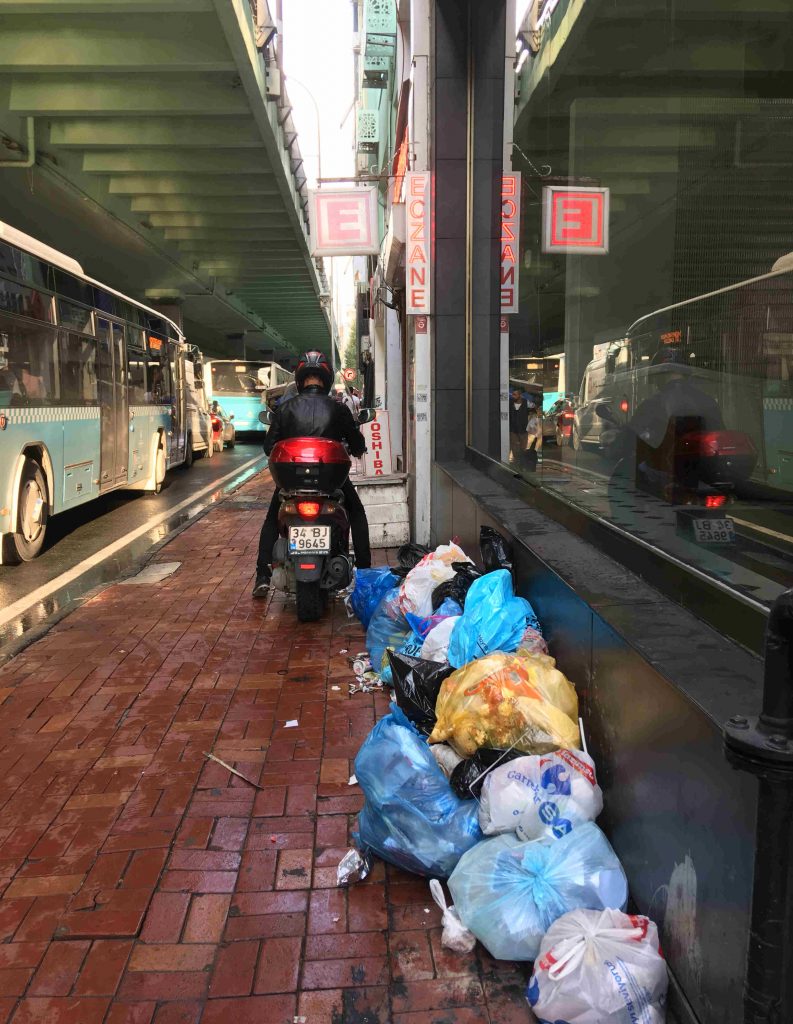
Let’s start with plastic.
Plastic has very bad PR in the 21st century and is regularly portrayed in the media as the world’s biggest enemy. That said, it is important to state that plastic itself isn’t causing problems, but rather the way humans consume it. In fact, plastic is a good, very resistant material that is also relatively easy to recycle (more on recycling in Istanbul). Therefore, to help the environment, you don’t need to avoid plastic completely, just reduce usage and re-use when possible.
A phrase that will come handy when trying to cut plastic usage is poşete gerek yok (no need for a bag). At first when I started saying it, sellers seemed a bit confused/sad (or is it only in my head?), however now I am known by the simitçis in my neighborhood as a “no-poşet yabancı” and not given plastic bags by default.
If you don’t drink or cook with tap water (although legends say it is safe to consume), it’s a good idea to use one of the main bottled water providers (Pınar, Hayat, Erikli, etc.) that offer 15-19 TL plastic or glass bottles of water with home delivery. The bottles are being reused and prices are reasonable – 15 liters of water (glass bottle) costs around 17 TL, 19 liters (plastic bottle) is 13.5 TL.
Should you have empty water bottles in your apartment, there are a lot of ways to re-use them – flower pots and bowls for stray animals to name a few ideas. Small plastic boxes will be great to store spices in. Be creative.
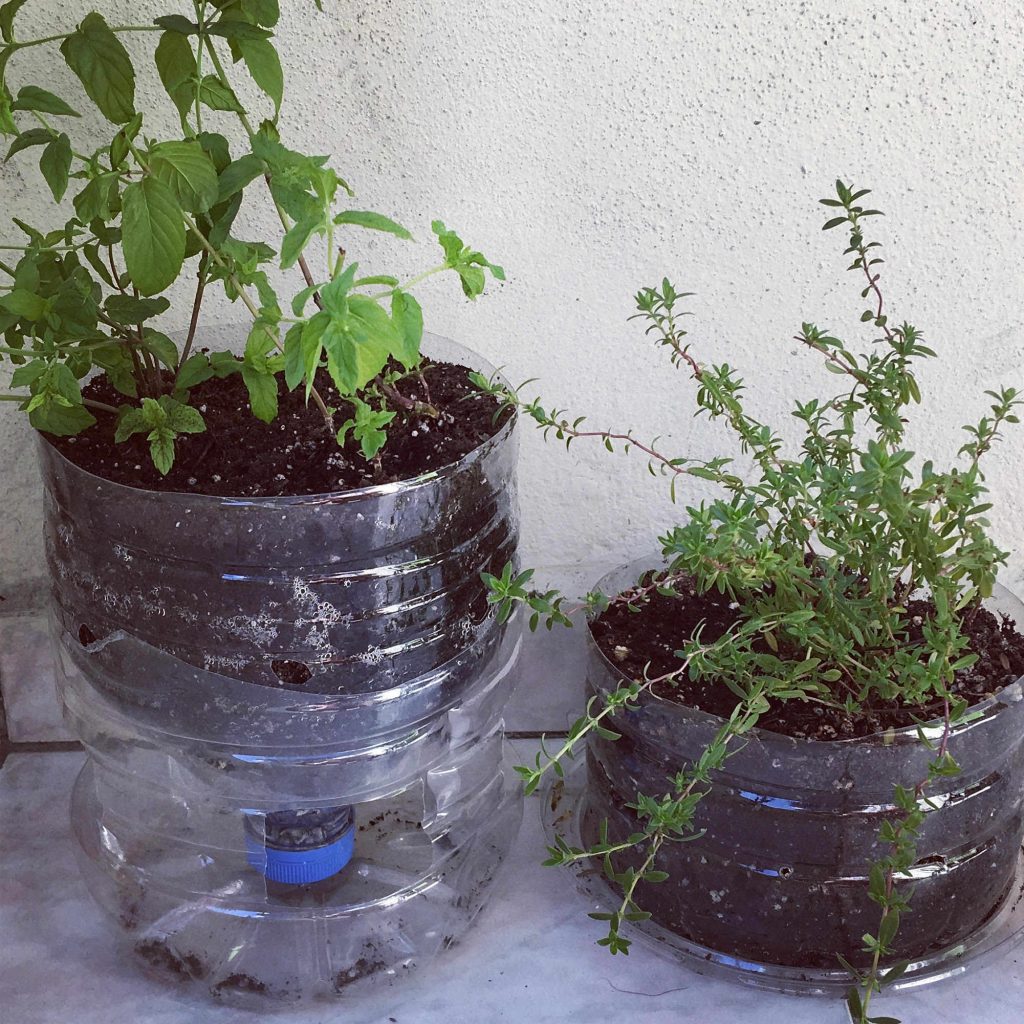
Let’s talk food
In an ideal world, we would be buying sun-kissed tomatoes directly from farmers and eat meat from animals that lived a happy life on an organic farm; unfortunately it isn’t always possible (more on organic markets in Istanbul). Instead you can help the environment by buying local vegetables and fruits and most importantly by not wasting food.
If additions (salads, desserts, etc.) that come with your order at Yemeksepeti are always rotting in your fridge – ask in the comments of your next order to not bring them (ikram/meze/salata göndermeyin). If you always leave unfinished meals at restaurants, ask for az çorba (little soup), yarım porsiyon (half portion) or to serve food ortaya when dining with friends (it means that food is being served on one plate in the middle of the table, so you can share). These will not work in every restaurant, but I find the Turkish food sector really open to clients’ needs (unless you want to order ayran with midye), so try your luck.
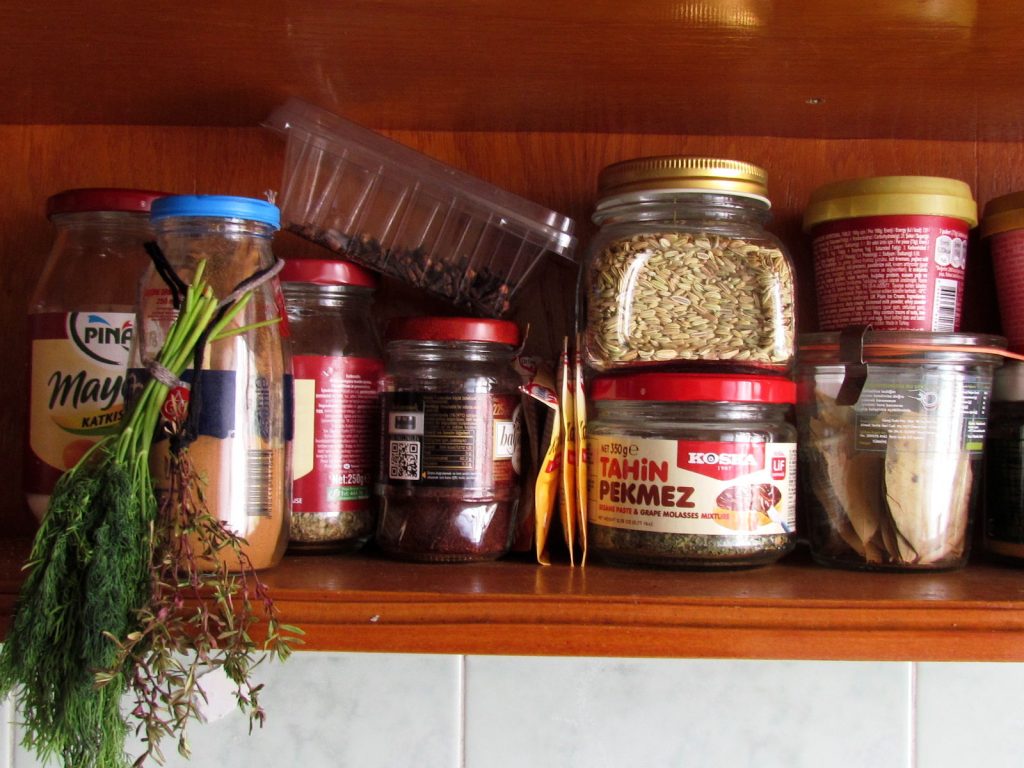
Identify products in your fridge that you throw away most often and try to reduce their presence. Freezing works with the majority of foods and you should regularly check for products about to expire. For example, you can make yumurtalı ekmek aka (french toast from old bread). Yet again – be creative.
In my case, to reduce waste, I stopped buying fresh herbs from markets and started growing them myself instead, most of which grow beautifully on balconies in sunny Istanbul weather. Some herbs, mint for example, you can propagate by placing small cut pieces in water for a couple of days and planting in the ground after they root. I also recommend visiting the plant bazaar located in Fatih, right behind Yeni Cami near the Mısır Çarşı entrance.
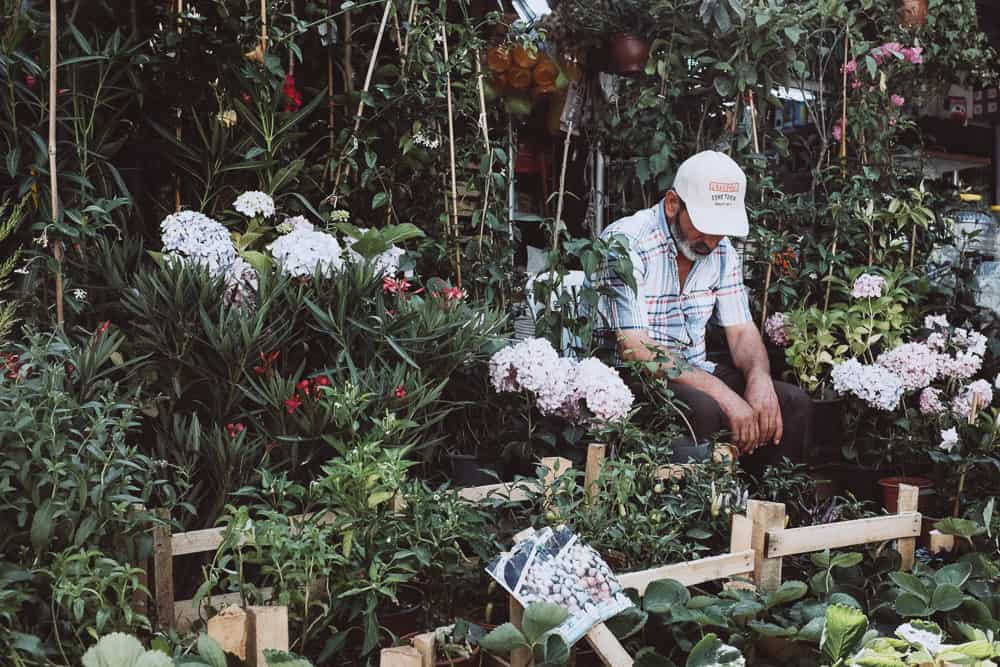
Join a clean-up event
There are many initiatives in Istanbul for clean-ups organised by variety of groups and in different locations. Facebook is probably the best resource to get involved. My personal favorite group is Turkiye’yi Temizle/Tidy Turkey. They organize their own clean-up events as well as share some environment-related information.
Of course you don’t need big events to pick up trash, gathering with a group of friends or even by yourself is good enough.
“The world wants to be deceived, so let it be deceived.” (from a Latin proverb)
Companies see the growing interest in the environment and use it to make profit. We often just want to pay more for an eco-friendly product to feel better, without putting much effort and thought into it. Let’s take biodegradable bags as an example – yes they degrade easier than regular plastic bags (although how ecologically is questionable) but the production process is high in energy-consumption.
Ecological certificates are also a huge business. First, it is expensive for companies to get certified, therefore small, really ecological ones are often not able to afford it. Second, the meaning of certificates isn’t as obvious as one might think. The classic recycle symbol might mean that only some parts of a product in some percentage are recyclable, not necessarily all. For example, the Green Frog from the Rainforest Alliance is given to companies that fulfill 80% of requirements and use as little as 30% of certified ingredients in the final product. The list goes on.
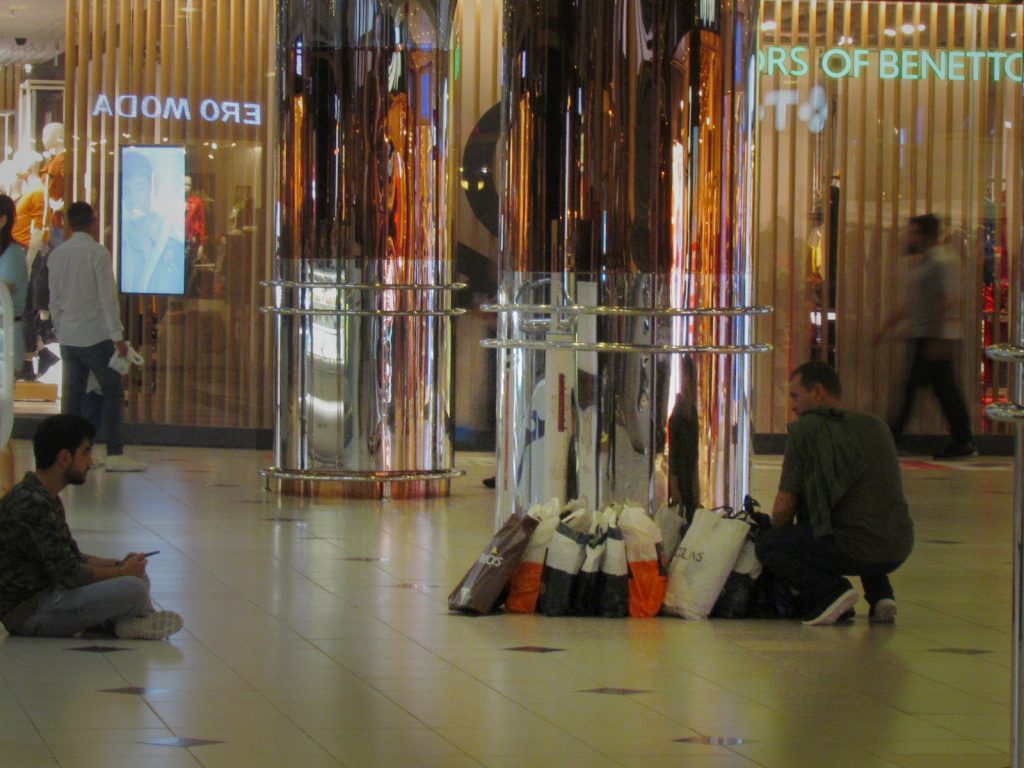
Ultimately, one should dive deeper into the problem beyond what the media feeds us, to see that the causes of pollution aren’t straws at Starbucks or McDonald’s, but mass production, consumptionism and uneven distribution of power. These are the causes of the constant feeling of need that push people to buy more and more. The problem is also triumph of easy over hard, simple over complicated, fast over slow and quick progress of technology that does not go hand in hand with development of ethics. That is why to truly help the environment we should become active, demanding, creative, well-informed and mindful citizens that don’t just settle for simple answers.
All images courtesy of the author unless otherwise noted.










[…] https://yabangee.com/tips-for-living-eco-friendly-in-istanbul/ […]